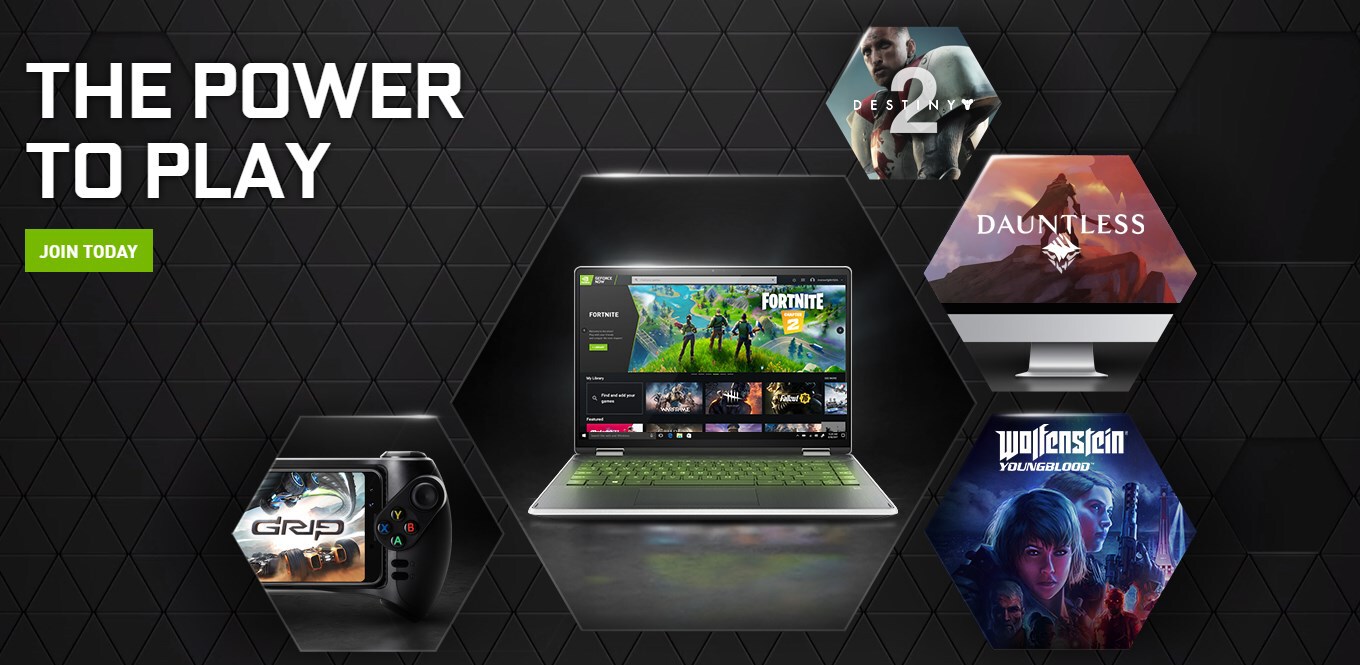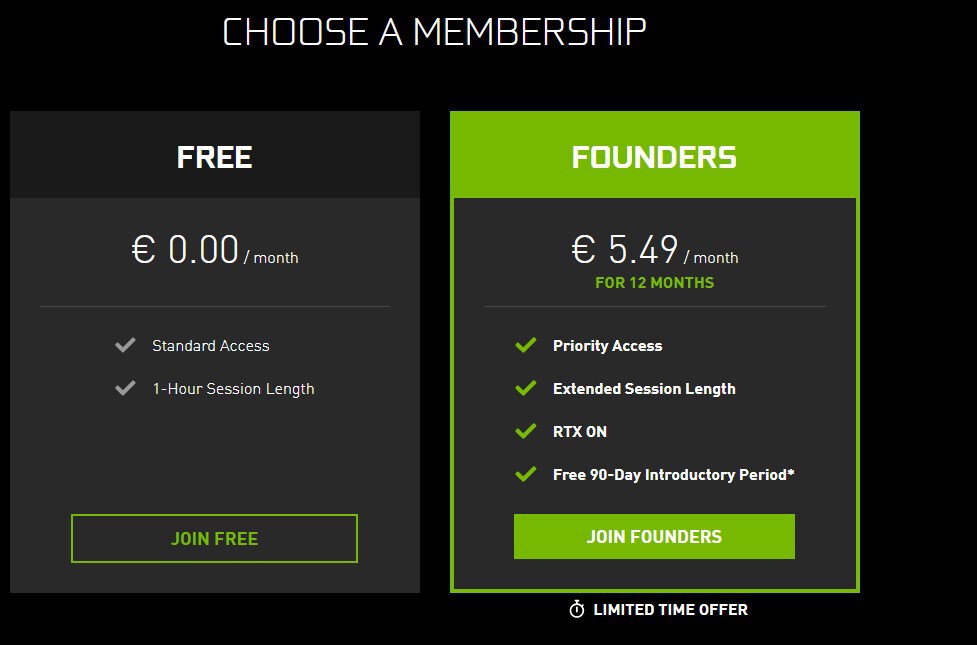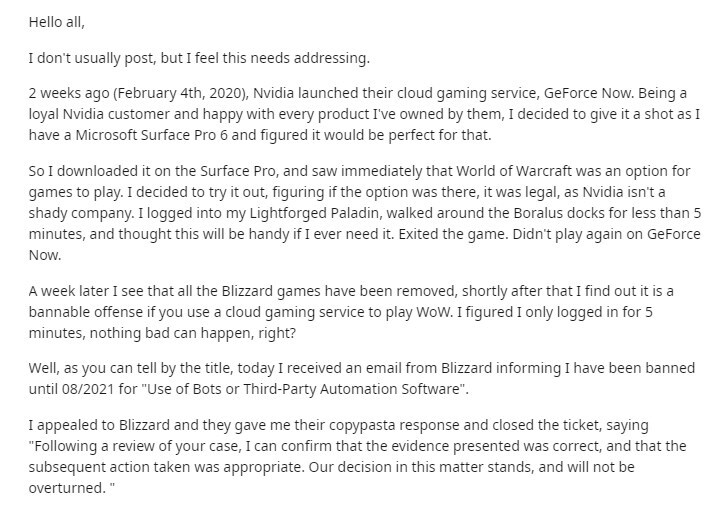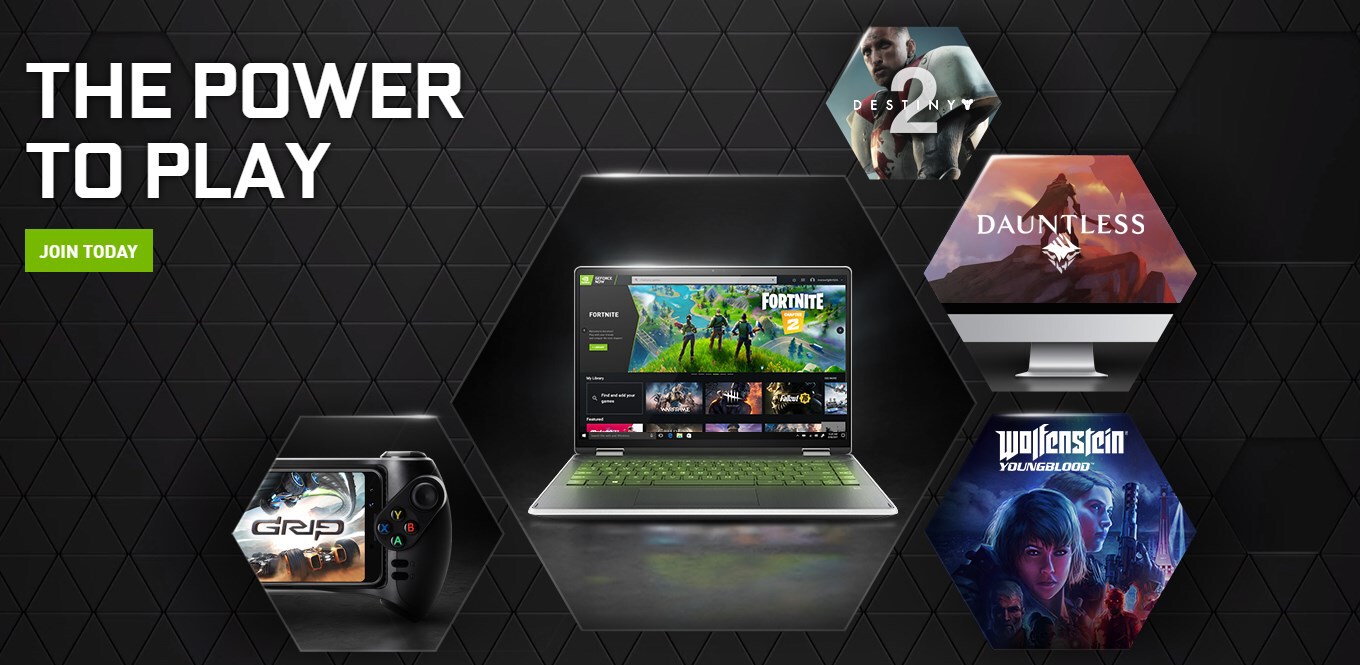
Nvidia's GeForce Now platform is everything you want from cloud streaming. Or, is it? The platform boasted better titles and better performance than its competitors, so now that it's been out for a while, let's see how it's been holding up. Spoiler alert: not everything is peachy.
What's cloud streaming?
Cloud streaming is a technology where a person uses their device to log on remotely into the cloud to play a game. The game is not located on the person's device but instead resides on a cloud server where it is accessed remotely via the Internet.
This means that the user has the benefit of being able to play any game on any device without having to worry about system requirements, for example.
GeForce Now's performance
One of the things people complained about the most with other cloud streaming platforms, is performance. Both with Google Stadia and Microsoft's xCloud, we have seen reports of lag, disconnecting and technical frustration.
Unfortunately, GeForce Now isn't falling far behind. While playing the games seemingly feels better, connecting to the dedicated server is an arduous process. Also, keep in mind that the game's premium subscription might pose a substantial improvement in that regard. The subscription promises priority placement on the server queue as well as some other perks:

Furthermore, some countries are now blocking the cloud streaming service entirely. This, of course, isn't Nvidia's fault but it cuts off a portion of its user base in New Zealand, for example.

Exclusive games
GeForce Now's biggest advantage so far has lain with the large number of games supported, more than any other competitor. And to be honest, that's what a cloud streaming platform should be about: a service offering plenty of games for people to try out. The bigger the diversity, the more satisfied the users are. However, the initial joy players felt when greeted by so many games has been tempered somewhat.
The reason is that over the course of a few weeks, multiple high-tier titles have been removed from the platform. Perhaps the biggest blow came when Blizzard pulled all of its games from GeForce Now, leaving fans naturally disappointed. Apparently, the games weren't supposed to be there in the first place as Blizzard's Terms of Service forbid the use of cloud streaming platforms, so oops! Actually, the issue created an issue of its own, as Nvidia didn't de-list the games straight away, some people tried to log in through GeForce Now... and then promptly got banned.

This is a two-fold problem. First, if the game should not be played on a cloud streaming platform, it shouldn't be listed there in the first place. Second, Nvidia boasted that people would be able to play the games they own. Well, if you own a Blizzard game, tough luck to you.
If more game developers decide to follow suit, it could be disastrous for the newly-emerging service.
The general problem with SaaS
If you take a look at any of the issues above, you will realize that they are relatively minor and shouldn't impact GeForce Now's growth all too much. However, a few pebbles can still start an avalanche, and these days, Subscription as a Service (SaaS) platforms are a dime a dozen.
Just look at all the TV streaming platforms to get a good idea of what awaits the user, and what is already starting to happen in the gaming community. You have your Steam, your Epic Games Store, your Stadia, GeForce Now and every single one of them is trying to entice the user into staying on this platform as much as possible. This includes exclusivity deals, discounts (Steam is good at those) free-of-charge content (the Epic Games Store is good at those) and unfortunately, sometimes platforms overinflate their promises to users. In such a saturated market, is no longer enough to provide the service, you need to innovate, improve, provide things the others cannot provide.
Nvidia's GeForce Now is actually a pretty decent product and if the reports are correct, it has already reached a 1-million user base, so people clearly like it. What it fails to deliver on, though, is being exceptional. For something that was hyped up as great, it is merely okay, and it will have to do a lot better than okay to keep up with the big names in the industry.






























